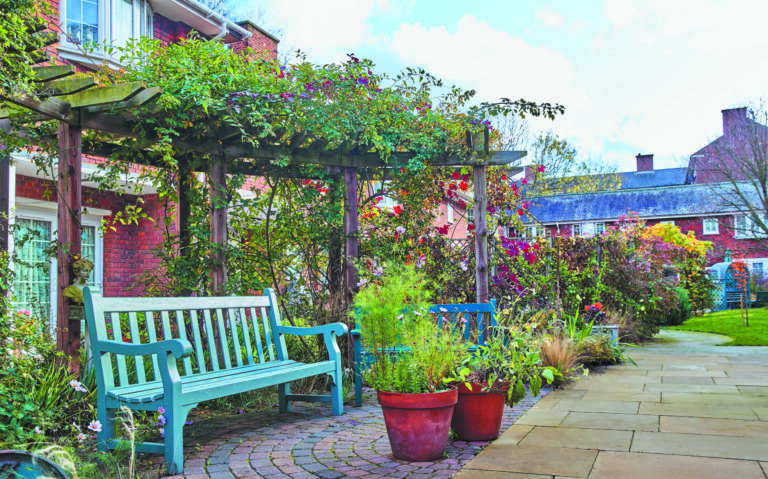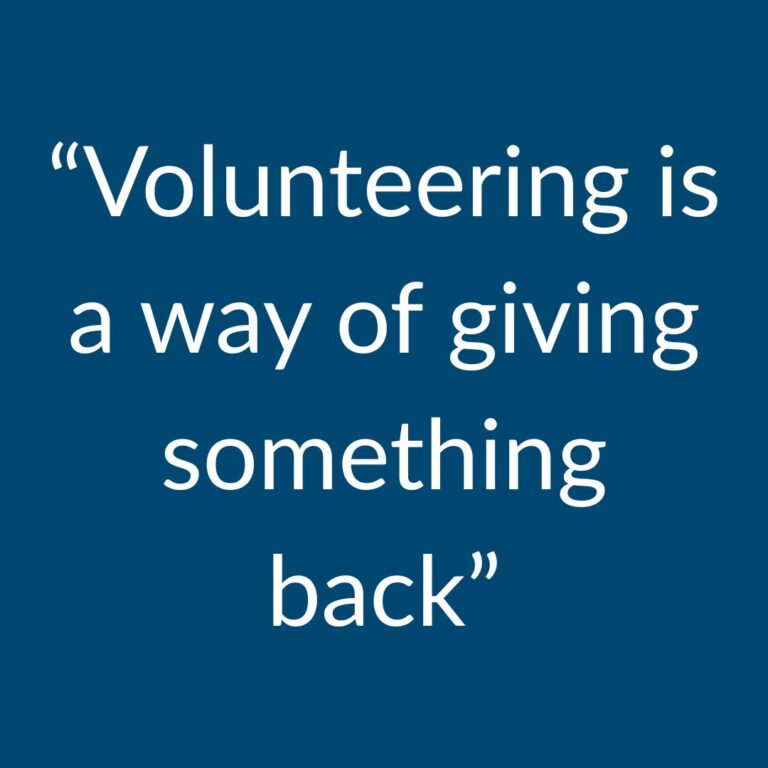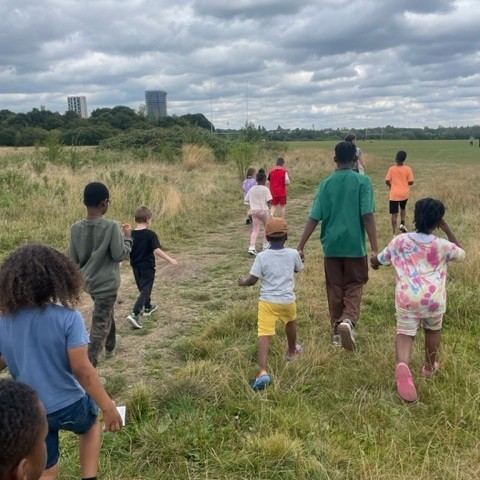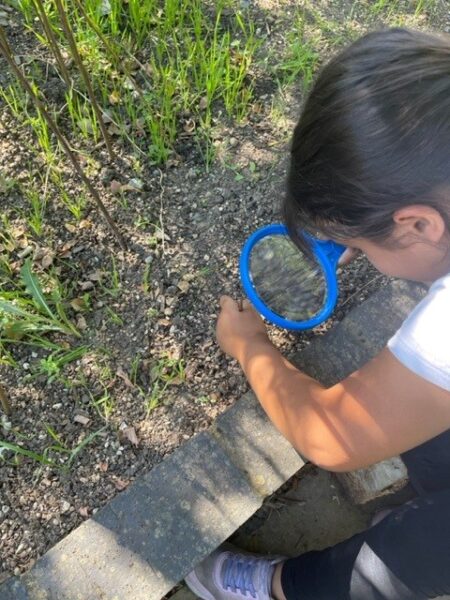We need to talk about domestic abuse
Almost 250,000 people in London will likely experience domestic abuse in 2025.
UNiTE to End Violence against Women kicked off on 25th November – the International Day for the Elimination of Violence against Women – and runs until Human Rights Day on 10th December.
Women are more likely to experience violence from someone they know than a stranger. Domestic abuse happens in every borough across London, to people of every gender, race and economic background. However, there are still many misconceptions around domestic abuse, from what it entails to how likely it is to happen.
Myth: Domestic abuse is rare
Sadly, domestic abuse is all too common. One in four women in the UK will experience it during their lifetime. The Met Police recorded 96,768 domestic abuse offences in London last year, but the actual number of cases is likely far higher. According to some studies, almost 250,000 adults in London will have experienced domestic abuse in the last 12 months.
Myth: Domestic abuse is always violent
Domestic abuse is primarily about control and doesn’t always involve violence. The domestic abuse charity Refuge describes it as, “a pattern of behaviour on the part of the abuser designed to control his partner.” It includes:
- Economic abuse: taking control of the partner’s wages or benefits, not allowing her access to money, stopping her from working, taking out credit cards or loans in her name, etc
- Psychological abuse: such as manipulation, constant criticism, threats, name-calling and stalking
- Sexual abuse: being forced or pressured into sexual acts
- Coercive control: a pattern of behaviour designed to control the partner, for example by monitoring her phone, isolating her from friends and family and telling her what to wear
- Physical abuse: hitting, pushing, choking or restraining her, throwing things at her, etc
- Technological abuse: sharing intimate images online, sending her abusive, threatening or intimidating messages, tracking her use of social media and websites, etc
Myth: If it was that bad, she’d leave.
There are many reasons why a woman stays with her abuser. She may believe that she’s to blame, or she may still love her partner and think that he can change. She may not want to break up the family unit or doesn’t feel that she can cope without her partner. Her religion and/or wider family may forbid divorce. She may also be scared about what her partner will do if she does leave.
Even when a woman desperately wants to escape her abuser, she may have been isolated from her family and friends and feel that she has nowhere to turn.
Myth: Once she leaves, the abuse will automatically stop.
Leaving an abuser can be an extremely dangerous time, particularly if he’s physically violent. The perpetrator will often want to retain control, so may continue to intimidate and harass his victim, for example by sending messages, following her or taking out debts in her name. The National Domestic Abuse Helpline can offer advice on the safest way to leave an abusive relationship.
Myth: Domestic abuse is only carried out by men against women
Domestic abuse can happen to anyone, whatever their gender or sexual orientation, and the abuser can be male, female or non-binary. While women are far more likely than men to experience an abusive relationship, 13% of men have experienced domestic abuse. Men may be less likely to recognise that they are in an abusive relationship and too embarrassed to seek help.
Myth: I’d know if a family member, friend or colleague was experiencing domestic abuse.
Domestic abuse isn’t always easy to recognise. The abuser may act very differently in public and the person being abused may feel too frightened or ashamed to ask for help. If you suspect that someone you know is experiencing domestic abuse, Refuge has advice on how you can support them.
Get support
If you or someone you know needs help, please call the National Domestic Abuse Helpline on 0808 2000 247.
Angelou is a partnership of West Central London services that support women and girls affected by domestic violence and abuse. You can call Angelou for free on 0808 801 0660, email angelou@advancecharity.org.uk or visit www.angelou.org to find out more.
If you’re a man experiencing domestic abuse, call Respect’s Men’s Advice Line on 0808 8010327, email info@mensadviceline.org.uk or visit https://mensadviceline.org.uk. The ManKind charity can also help you to escape an abusive situation.
If you’re experiencing (or have experienced) domestic abuse, and you want to find out about counselling sessions in London, contact Woman’s Trust on:
(Office hours: Mon-Fri, 9:30am – 5pm)
If you want to make a professional referral for someone under your care or supervision, call Woman’s Trust on 020 7034 0303.








